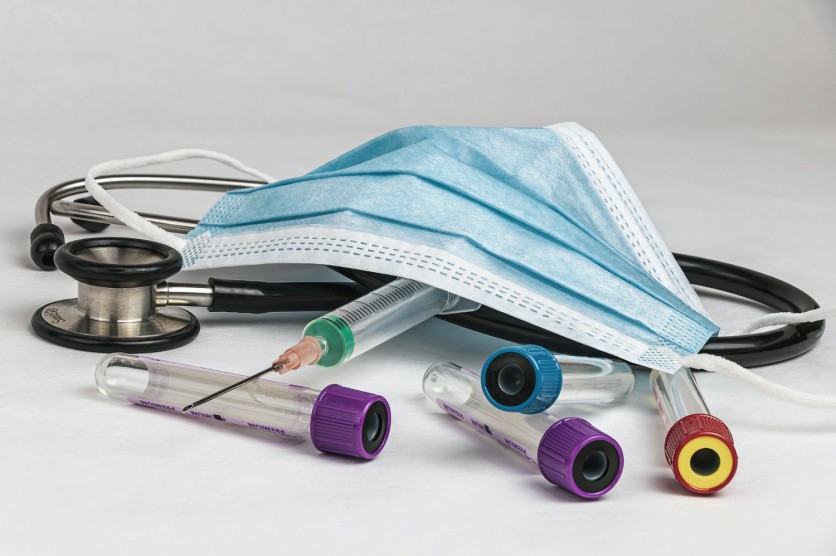A huge number of "foreign" objects are reportedly found inside the patient's body in the United Kingdom, according to the latest report.
There have been several errors made which led to these episodes. Recent data reveals that these medical tools are accidentally left after the surgery.
Rising Number of Foreign Tools Found in Patients

According to a report by Bloomberg, 291 "finished consultant episodes" from 2021 to 2022 involved the unintentional leaving of foreign objects in a body.
It was not mentioned in the NHS Digital data if the patient got it after surgery in a public or private hospital across England.
The analysis shows that medical errors remain unnoticeable after a matter of time. It took the patients some weeks, months, and even years before they found the medical tool.
In another report by The Guardian, in more than two decades, the highest number of cases recorded yearly hit 291.
It should be noted that the record in 2022 was twice higher compared to the number of cases back in 2003 to 2004. At that time, the experts only cited 138 episodes that occurred. Meanwhile, the 2001-2002 data unveiled 156 cases of foreign objects left.
Medical Tools Were Left Inside the Patient's Body
Some foreign objects left inside a patient's body include gauze, swabs, and more. Some were surprised to see even the drill bits.
To avoid these medical-related errors, careful consideration must be prioritized by the hospitals at all times. As such, they should double-check the number of surgical tools before the operation. They could also prepare a checklist for the tools used.
Patients Association chief executive Rachel Power said that such events are considered "serious," yet hospitals have the power to avoid them from happening.
"The serious physical and psychological effects they cause can stay with a patient for the rest of their life, and that should never happen to anyone who seeks treatment from the NHS. While we fully appreciate the crisis facing the NHS, never events simply should not occur if preventive measures are implemented," Power added.
Extra surgery is needed if a tool is stuck inside a patient's body. The post-surgery aftermath can also result in psychological harm, infection, visceral perforation, and other impacts.
As for the NHS, hospital staff should acknowledge these incidents so they can be avoided daily. If they happen, the organization is more than willing to implement more effective methods to improve the overall healthcare for the patients.
Meanwhile, a recent report by Tech Times reveals that the NHS has kicked off its trial for the proton beam therapy treatment for breast cancer patients.
Across the UK facilities, 192 respondents in the country participated in the latest trial.

![Apple Watch Series 10 [GPS 42mm]](https://d.techtimes.com/en/full/453899/apple-watch-series-10-gps-42mm.jpg?w=184&h=103&f=9fb3c2ea2db928c663d1d2eadbcb3e52)



